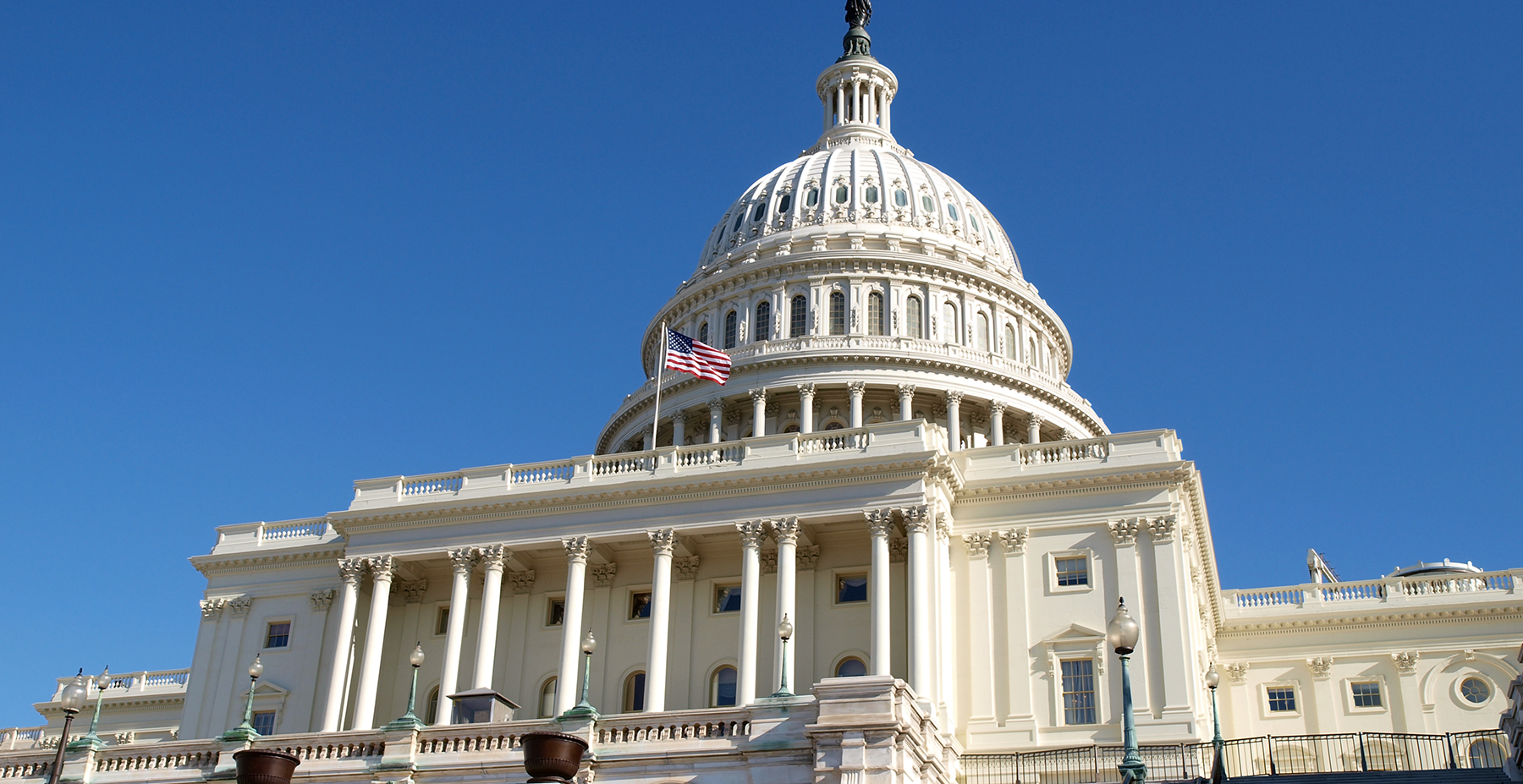
by Matt Gerard
on December 13, 2016
Under current law, a health reimbursement account (HRA) that is not integrated with another ACA-compliant health plan violates the ACA’s market reforms and subjects the employer to an excise tax of $100 per day for each affected participant under Internal Revenue Code Section 4980D. However, small employers may now find relief from the excise tax and have a new device for creating health plan options for their employees. Earlier this month, Congress passed the 21st Century Cures Act, which President Obama signed on December 13, 2016. One of the significant portions of the 21st Century Cures Act for small employers is the creation of a new vehicle for financing health coverage—the qualified small employer health reimbursement arrangement.
For plan years beginning after December 31, 2016, eligible small employers can adopt a qualified small employer health reimbursement arrangement (SHRA). A SHRA is not defined as a group health plan, but provides for the payment or reimbursement of qualified medical care expenses (as defined in IRC Section 213(d)) incurred by eligible employees or their eligible dependents following proof of coverage. Consequently, employers may pay or reimburse employees for premiums for health insurance that qualifies as minimum essential coverage through the SHRA and not face the IRC Section 4980D excise tax. Additionally, an SHRA will not be treated as a group health plan for COBRA continuation coverage purposes, so employers who offer a SHRA do not need to provide either a COBRA notice or continued coverage under the SHRA.
Like other HRAs, only the employer can fund the SHRA. Employee salary reduction contributions to the SHRA are not allowed, and the SHRA cannot permit salary deferrals. Employers must also report contributions to the SHRA on their employee’s W-2s.
Additionally, the maximum benefits under the SHRA for any year cannot exceed $4,950 ($10,000 in the case of an SHRA that also covers family members of eligible employees). These maximum contribution amounts will fluctuate with the cost-of-living adjustment in future years and will be prorated for part-year employees. However, in order to receive tax-free benefits under the SHRA, employees will need to be enrolled in a healthcare plan that qualifies as minimum essential coverage.
Only eligible employers may offer a SHRA. In order to qualify as an eligible employer, the employer generally must employ fewer than fifty full-time employees on business days during the previous calendar year. Additionally, the employer must not offer a group health plan to any of its employees. Certain employers who employ more than fifty full-time seasonal workers may also qualify as an eligible employer if they satisfy the exception requirements.
Prior to offering an SHRA, an eligible employer must provide notice to employees about the SHRA at least ninety days before the beginning of the plan year. The notice must include certain information such as the amount of benefit the SHRA offers. The notice must also include a statement that employees must have minimum essential coverage in order to receive SHRA premium contributions tax free. The notice must also state that employees who apply for marketplace healthcare coverage should inform the marketplace of the availability of SHRA funding. Employers who want to begin an SHRA beginning during the first quarter of 2017 can provide the required notice to employees on or before March 13, 2017 without being penalized for failing to provide the required notices ninety days before the start of the plan year. Update: The IRS suspends the deadline for employers to provide QSEHRA initial notices.
An eligible employer who offers a SHRA must offer it to all eligible employees. However, an employer may exclude employees who: (1) have not completed ninety days of service; (2) are under age twenty-five; (3) are part-time or seasonal; (4) are not included in the arrangement but covered by a collective bargaining agreement, if accident and health benefits were the subject of good-faith bargaining; and (5) are nonresident aliens without earned income from sources within the United States. Further, an eligible employer must provide a SHRA on the same terms to all eligible employees; however, benefits under the SHRA may be varied based on certain factors such the price of an insurance policy in the relevant health insurance marketplace based on employee age and family size.
Participation in a SHRA can affect an employee’s premium tax credit. Employees who participate in a SHRA and also enroll in a qualified health plan on the healthcare marketplace must reduce their premium tax credit by the benefit available under the SHRA. This consequence is the rational for providing appropriate information in the SHRA employee notice.
Additionally, most states have laws that prevent employers from contributing to an individual insurance plan premium. These laws are in conflict with the 21st Century Cures Act. Until state legislatures amend the applicable state laws to conform with the 21st Century Cures Act, employers who desire to offer SHRAs that allow reimbursement for their employees’ individual insurance premiums may be in violation of state law.
While a SHRA may not be the ideal solution for every small employer struggling with offering health care benefits to employees, a SHRA can be a pathway for small employers who seek to provide pre-tax assistance to their employees who purchase an individual health insurance policy without facing arduous excise tax penalties. Employers interested in the benefits of a SHRA may consider discussing their options with their benefits broker or third-party administrator.